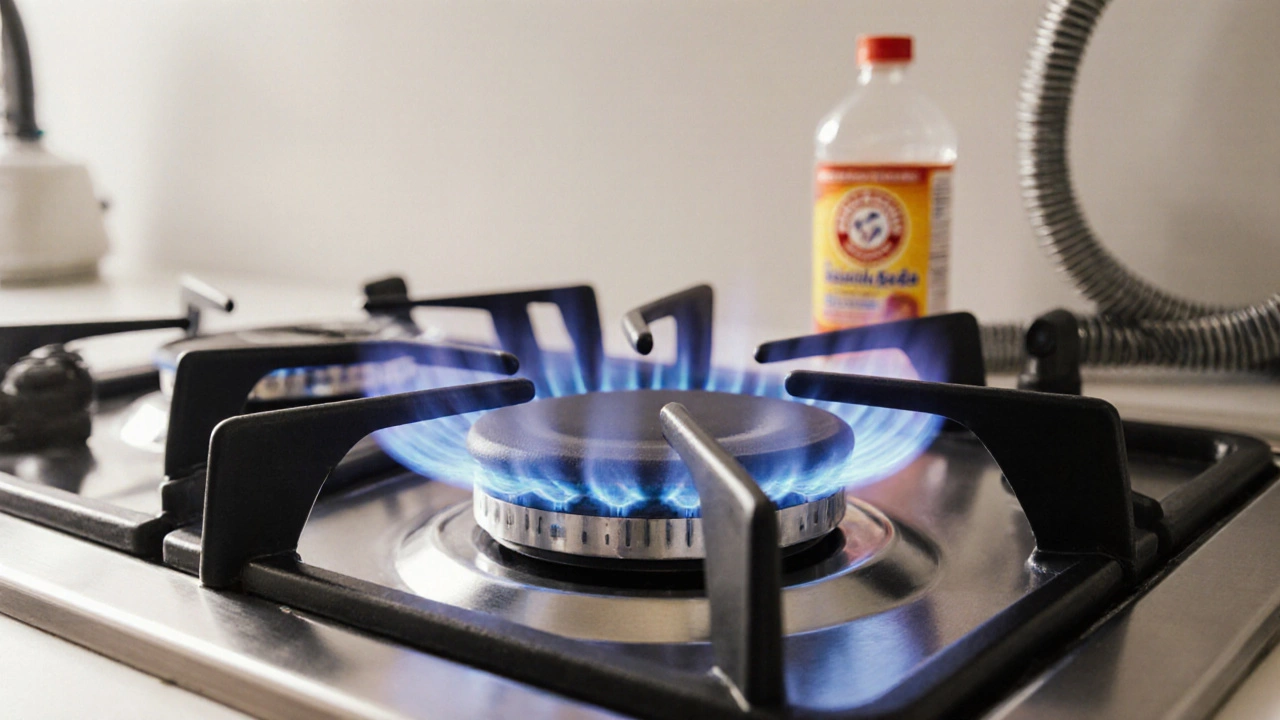Gas Appliance Maintenance: Simple Tips to Keep Everything Running Safely
Got a gas cooker, boiler, or heater? Those units give you heat and hot meals, but they also need regular care. Skipping maintenance can lead to leaks, higher bills, and costly repairs. The good news? Most tasks are quick, cheap, and you can do them yourself. Below is a clear, step‑by‑step guide to keep your gas appliances in top shape.
Why Regular Maintenance Matters
First, think of your gas appliances like a car. If you never change the oil, the engine soon gets damaged. With gas devices, the "oil" is clean burners, tight connections, and a well‑ventilated area. A dirty burner can cause uneven heating, while a loose pipe may leak carbon monoxide – a silent killer. Regular checks also keep the unit efficient, which means lower energy bills.
Most manufacturers recommend a professional service at least once a year. That visit includes a thorough inspection, pressure test, and cleaning of internal parts you can’t reach. Even if you schedule a pro, doing a few simple checks between visits saves money and catches problems early.
Quick DIY Checks & When to Call a Pro
1. Look for soot and debris. After you cook or heat water, peek at the burner ports. Any black buildup means it’s time to clean. Use a soft brush or a damp cloth – never spray water directly into the gas line.
2. Smell for gas. A faint rotten‑egg odor is a clear warning sign. If you notice it, turn off the appliance, open windows, and call a certified technician immediately. Do not try to fix a leak yourself.
3. Check the flame colour. A blue flame with a tiny yellow tip shows proper combustion. If the flame looks mostly yellow, there’s incomplete burning, which can waste fuel and produce carbon monoxide. Clean the burner and redo the test; if the colour stays off, get a pro.
4. Test the pilot light (if your unit has one). Make sure it stays lit when you turn the appliance off and on. A flickering pilot can mean dirt or a weak gas supply.
5. Inspect the ventilation. Ensure any vent pipes are not blocked by dust, nests, or debris. Good airflow lets harmful gases escape safely.
When you notice any of the following, call a professional right away: persistent clicking sounds, the appliance won’t ignite, you hear a hissing noise, or the unit shuts off unexpectedly. A qualified tech can safely disconnect the gas, perform pressure tests, and replace worn parts.
Keeping a simple log helps. Write down the date of each check, what you cleaned, and any odd observations. When the yearly service arrives, hand the log to the technician – they’ll appreciate the details and can focus on problem areas.
In the end, a little routine goes a long way. Spend five minutes each month to wipe burners, sniff for leaks, and watch the flame. Schedule a professional tune‑up once a year, and you’ll enjoy reliable heat, lower bills, and peace of mind knowing your home stays safe.
29 October 2025
·
0 Comments
Learn the real-life expectancy of gas appliances like stoves, water heaters, and furnaces. Discover signs it's time to replace them and how to extend their life with simple maintenance.
Read more
25 January 2025
·
0 Comments
Whether it's a stove, heater or water heater, gas appliances face their share of issues. They might just give up on you unexpectedly, leaving you puzzled. Understanding common problems such as gas leaks, ignition problems, or blocked burners can save you both time and money. This guide dives deep into practical solutions and preventative tips. Discover useful insights to get your appliances running like a charm once more.
Read more



